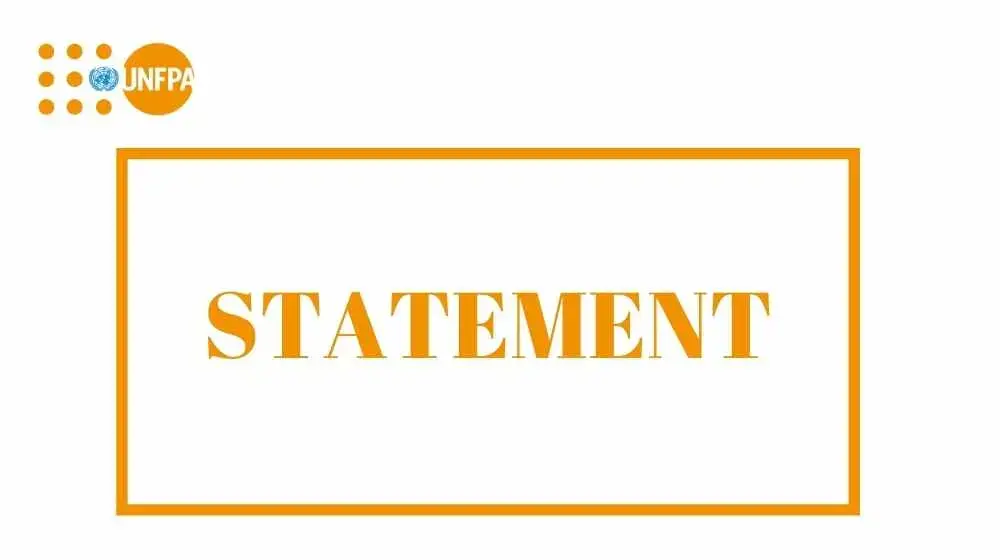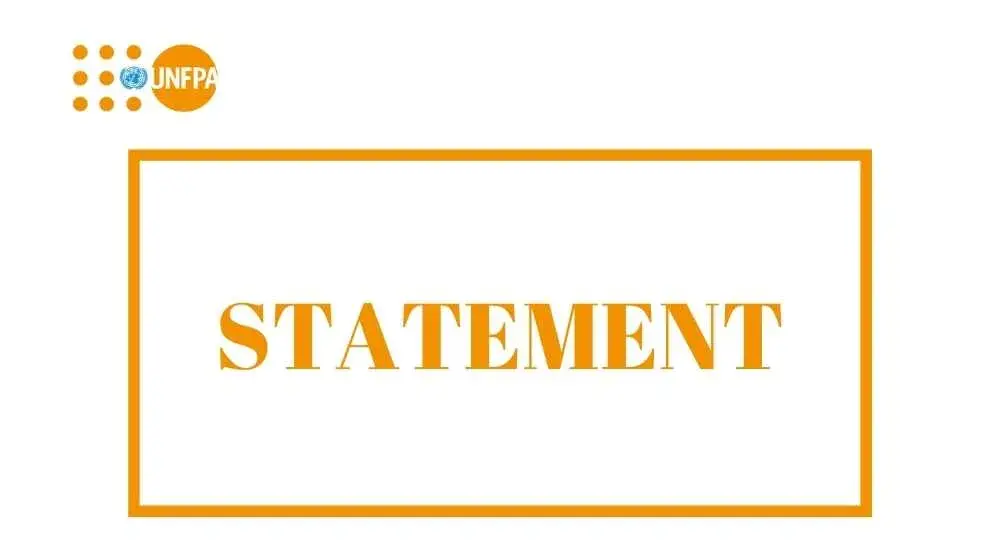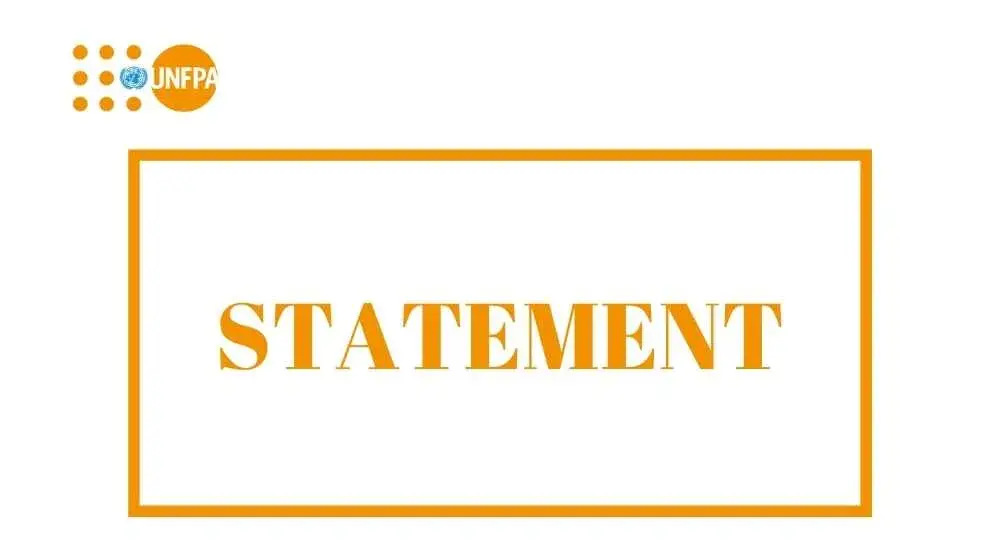A humanitarian crisis is unfolding in Gaza. Fuel, water and electricity are running out, and the health system is on the brink of collapse.
Among Gaza’s population of 2.2 million people, 1 in 4 are women and girls of reproductive age – around 572,000 – who need access to reproductive health services. An estimated 50,000 pregnant women are caught up in the conflict, with around 5,500 due to deliver within the next 30 days; more than 840 may experience pregnancy or birth-related complications. These women are facing extreme challenges in accessing safe delivery services, as hospitals are overwhelmed with patients and running out of medicines and basic supplies – including for the management of obstetric emergencies.
Around 73,000 women are currently pregnant in the West Bank, with more than 8,120 expected to give birth in the next month as the violence threatens to spill over.
UNFPA is dispatching life-saving reproductive health medicines and supplies to Egypt for stockpiling and transportation across the border into Gaza when possible. As of 22 October, 3,000 dignity kits containing hygiene supplies for women and girls had been delivered to the Egyptian Red Crescent Society for distribution in Gaza, with additional kits being prepared. Among other initiatives, a UNFPA-supported helpline is available for women, youth and other people requiring assistance in Gaza and the West Bank.
In the West Bank, the Ministry of Health has redeployed midwives from hospitals to Safe Motherhood Emergency Centres supported by UNFPA, ensuring that midwives are accessible in every community. In addition, online support systems and referral services are helping to ensure women’s continued access to sexual and reproductive health care.
With more than half of Gaza’s population displaced, the risk of gender-based violence has also increased exponentially for women and girls who are on the move, seeking refuge in overcrowded shelters, which lack privacy and sanitation facilities.
Updated on 24 October 2023





